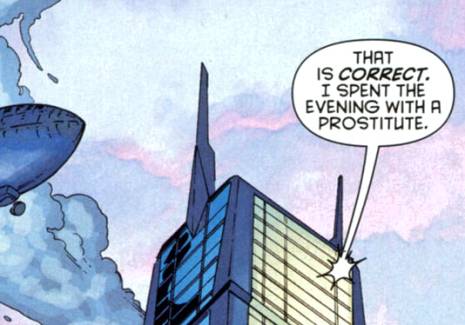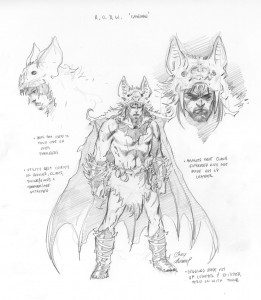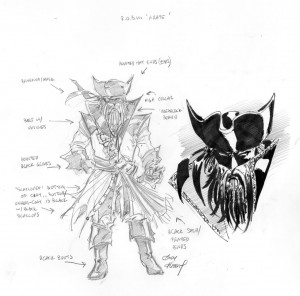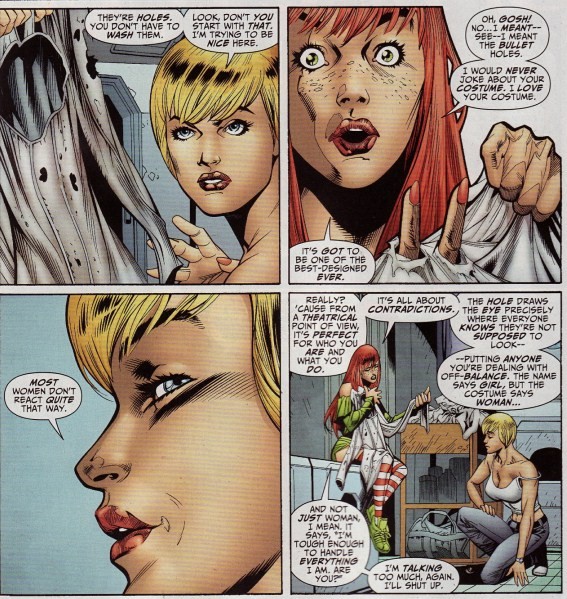
Triumph of the Will
December 20th, 2009 Posted by Esther Inglis-ArkellStorytellers have a difficult burden. For every movie, book, episode or comic, they have to tell at least two stories. The first is the simple mechanics of the story. How does that band of theives steal that priceless artifact? How does the detective solve the case? How does Luke blow up the Deathstar?
The second story is the character’s emotional arc while going through the mechanics of the story. The best writers will be able to intertwine the two, allowing the story to drive the character, and the character to advance the story. Sometimes, however, the two get a little too intertwined. That leads to ‘The Triumph of the Will.’
I think we’ve all seen this. It can last for the length of a fight sequence, an act, or the entire story. The hero goes up against the antagonist. It’s an entirely one-sided battle. The antagonist beats the hero down and down and down.
Then things turn around. Sometimes, at the lowest point of the story, the antagonist says something that fills the hero with new resolve. Sometimes the hero comes to a realization about his or her inner self. And sometimes things just turn around.
Why? Because the hero has to win, and there is no other way for the storyteller to let them do it. There are, very occasionally, times when this is effective, but for the most part, all that tells me is that everything up to that point was filler. If you don’t have the skills to fight someone, suddenly being determined doesn’t change a thing. If you’re not smart enough to figure something out, being put in a high-pressure situation won’t make you smarter. Thinking of lovers or children hasn’t saved a hell of a lot of people, and I don’t believe it will save the hero.
The challenge of a story, and again, I acknowledge that it’s a huge challenge, is working a protagonist into an impossible situation and then finding an unexpected way out. If all it takes is newfound grit, you might as well say ‘a wizard did it.’




